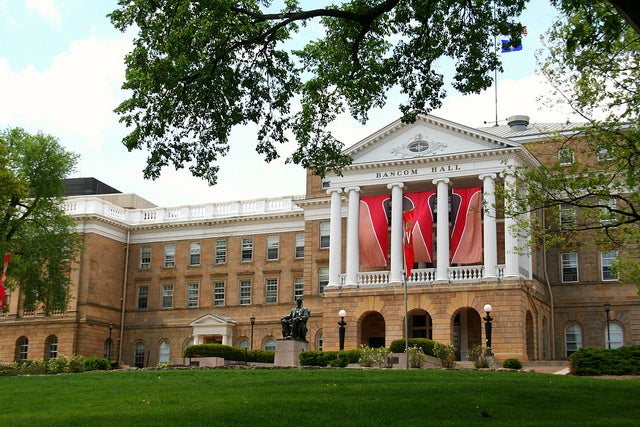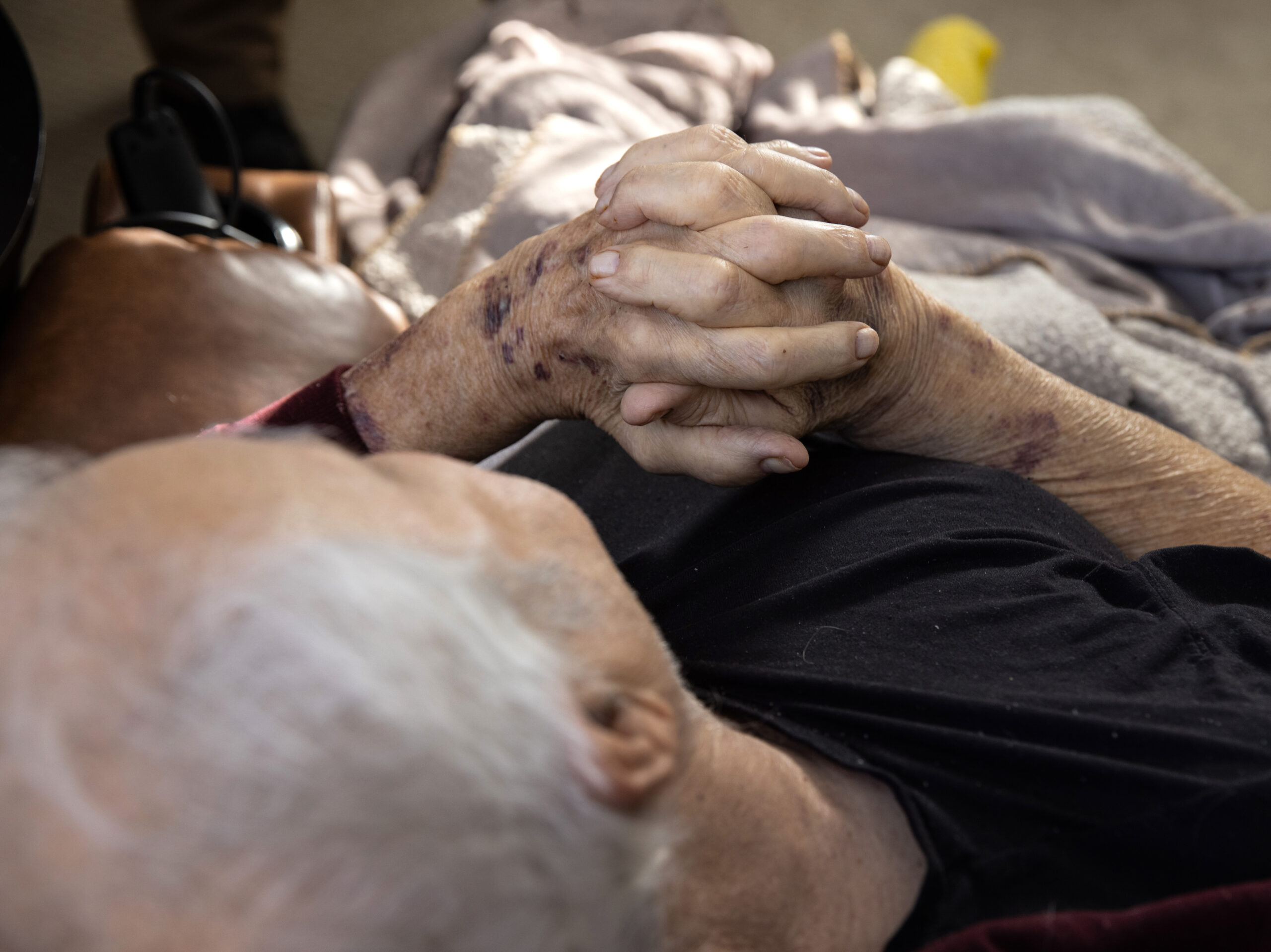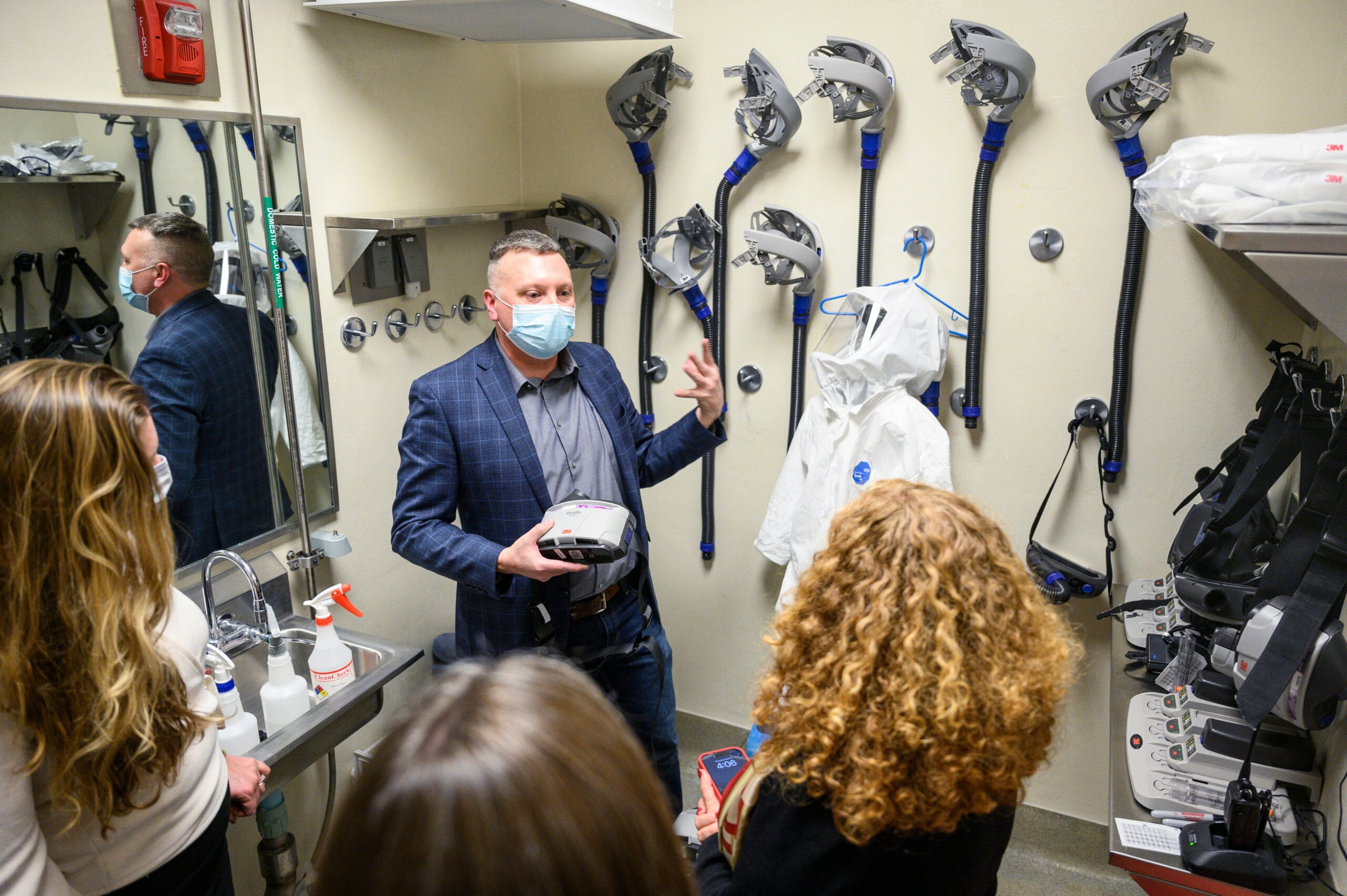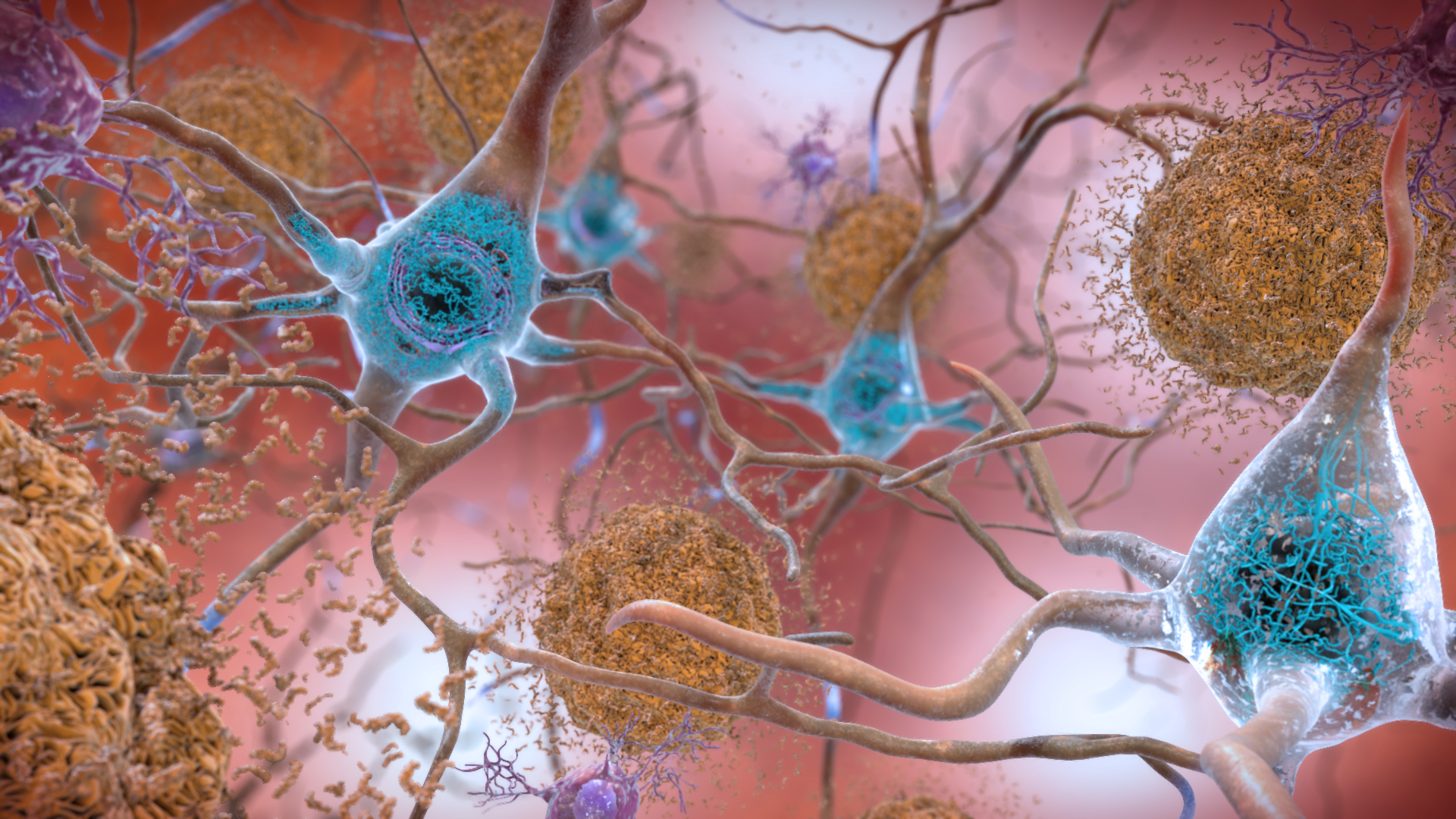The University of Wisconsin-Madison has been selected as one of 12 institutions to help the U.S. government use “big data” to solve health care problems and create better treatments for patients.
The school will create the UW Center for Predictive Computational Phenotyping using an $11 million dollar award from the National Institutes of Health that will be doled out over the next five years. The money comes from a new NIH program called “Big Data to Knowledge,” or “BD2K,” that enlists researchers and analysts to solve problems and create new treatments using the complicated data that medical researchers generate every day.
Philip Bourne, the NIH’s associate director for data science, said that medical professionals in the U.S. have reached a “sea change” in the way they do biomedical research, and that they need to get a grip on the massive amounts of data being produced.
Stay informed on the latest news
Sign up for WPR’s email newsletter.
“Not only do we not know how much we have, we don’t really have a good enough indicator of how what we have is being used,” said Bourne.
The UW big data program will look at a lot of things, but one focus area will involve examination of electronic health records. Mark Craven, professor of biostatistics and medical informatics at the UW School of Medicine and Public Health, will lead the new center. He said there are studies that show analysis of electronic health records can predict patients’ future medical problems, but he wants to take that a step further.
“We’d really like to take that and develop the methods, and really evaluate the methods, so that this can become a routine part of medicine,” said Craven.
Craven’s team will include faculty from UW computer science, statistics, electrical and computer engineering, medicine and radiology programs.
Wisconsin Public Radio, © Copyright 2024, Board of Regents of the University of Wisconsin System and Wisconsin Educational Communications Board.





